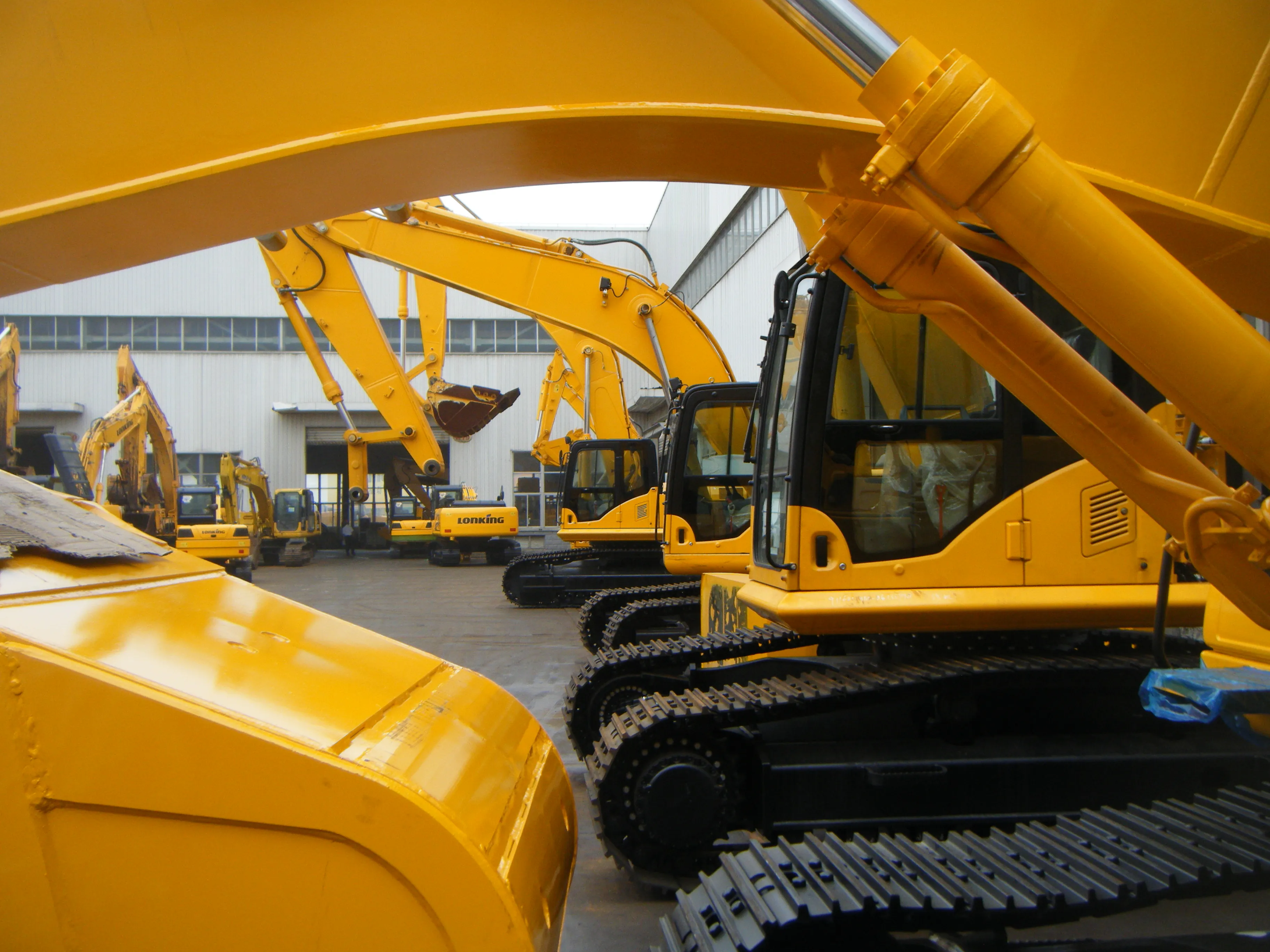A Europe without borders is an attractive prospect for the construction and design industries, claim supporters of Eurocodes. For all companies involved in the construction and infrastructure sectors, Swedish company Trelleborg for example, new Eurocode regulations will have decisive importance. So says Professor Haig Gulvanessian, one of the experts involved in developing the codes, which are a series of 10 European Standards (EN 1990-EN 1999) providing a common approach for the design of buildings and oth
February 28, 2012
Read time: 4 mins

A Europe without borders is an attractive prospect for the construction and design industries, claim supporters of Eurocodes
For all companies involved in the construction and infrastructure sectors, Swedish company Trelleborg for example, new Eurocode regulations will have decisive importance. So says Professor Haig Gulvanessian, one of the experts involved in developing the codes, which are a series of 10 European Standards (EN 1990-EN 1999) providing a common approach for the design of buildings and other civil engineering works and construction products.The Eurocodes are the recommended means of providing a presumption of conformity with the essential requirements of the Construction Products Directive for construction works and products that bear the CE Marking, as well as the preferred reference for technical specifications in public contracts.
Apart from contributing to the establishment and functioning of the internal market for construction products and engineering services by eliminating the disparities that hinder their free circulation within the European Community, they are meant to lead to more uniform levels of safety in construction in Europe.
The EN Eurocodes will become the reference design codes, and while they are currently at the national calibration stage, after publication of the National Standard transposing the Eurocodes and the National Annexes, they will be used in parallel with existing national standards until 2010, when all conflicting standards will be withdrawn.
"It is mandatory that the Member States accept designs to the EN Eurocodes, since the National Standards implementing the EN Eurocodes will become the standard technical specification in all contracts for public works and public services," says the Eurocodes organisation.
Gulvanessian salutes the spirit of positive collaboration between European engineers, saying: "They have different views but they are always amicable, which is remarkable. These are professionals who may disagree, but never argue. We have the same focus and I value that greatly."
The
But Gulvanessian is optimistic. "China and Japan are looking at their own codes to see if they are workable," he explains.
Gulvanessian, who worked for consulting engineers and the UK Departments of Environment and Transport, recently retired from the UK's Building Research Establishment (BRE), and is now visiting Professor at Imperial College, London. He writes regularly for Eurocodes News, a newsletter published by the Eurocodes Expert Institution, still attends about 15 meetings abroad each year, and lectures regularly in the UK and Cyprus.
Supporters of Eurocodes look forward to a Europe without borders, which is an attractive prospect for the construction and design industries.
Will there be resistance to change? Of course, says Gulvanessian, but not as much as one might think.
"Scandinavia and the Nordic countries are more open to change than other countries, but as new engineers who have grown up with Eurocodes come onto the market, even smaller companies will begin to see and reap the benefits. If they can get through the tough transition period needed to fulfil these codes, they will emerge successful."
However, he acknowledges: "Smaller, standard, non-specialist companies may experience financial and logistical problems in adjusting to the new requirements."
The Eurocodes comprise a head code, Basis of Structural Design, which focuses on foundations and minimisation of earthquake damage. Further codes cover such traditional materials as concrete, steel, timber, masonry and aluminium. And it will not be long before newer construction materials, including glass and fibre reinforced polymers (FRP), are added.
Another big change involves transport loads. "Trucks will become longer and bigger over the next ten years. We need to work with manufacturers so that our bridges are able to cope with these extreme loads."
As well as his other work, Gulvanessian is heavily involved with the development of Eurocodes EN1990 Basis of Structural Design and EN1991 Actions on Structures.









